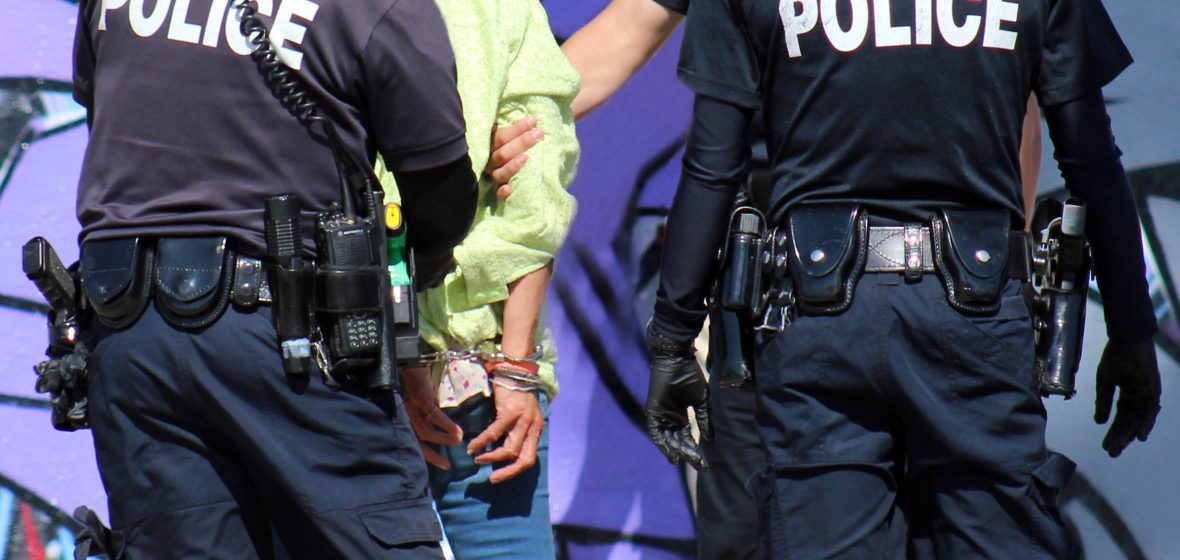Outlaw criminal groups are a dangerous and too often deadly threat to community safety, but any new laws to deal with them must be based on clear evidence and the subject of targeted and careful consideration.
The NSW legal profession has responded to recent calls for the government to push through new laws targeting the unexplained wealth of underworld identifies, asserting that criminal laws are “too important to be used as a political football”.
Earlier this month, NSW opposition leader Chris Minns criticised cabinet’s delay in legislating the ability for police to seek “unexplained wealth orders” (UWO) against suspected “drug kingpins”, citing a need to emulate WA’s tough stance on the issue.
It’s been reported that police believe it would help them in the ongoing war against the drug trade and curb “tit-for-tat” gang killings across Sydney.
President of the Law Society of NSW Joanne van der Plaat has warned politicians not to rush through “ill-considered” laws without consideration of all stakeholders, including their committee members.
“Outlaw criminal groups are a dangerous and too often deadly threat to community safety, but any new laws to deal with them must be based on clear evidence and the subject of targeted and careful consideration,” van der Plaat said.
“Our committees are made up of some of the most experienced practitioners in our state and are able to offer invaluable input to help ensure any measure is just, fair, targeted appropriately and designed to avoid any unintended consequences.”
The NSW Bar Association backs van der Plaat’s call, agreeing that any proposal to extend police powers should be approached with caution.
“Criminal laws are too important to be used as a political football,” Gabrielle Bashir SC, President of the NSW Bar Association said.
“The community needs to know how it might be said that the existing laws are ineffective at combating organised crime. Ensuring that authorities are empowered to adequately respond to organised crime is important, but only if their powers are necessary and proportionate.”
 Joanne van der Plaat, Law Society of NSW President
Joanne van der Plaat, Law Society of NSW President
The proposed law would allow UWOs to be taken out by courts against individuals who police “have proved” have “wealth more than the lawfully acquired value of their wealth”.
However, van der Plaat questions to whom police will present this “proof”, and if the person subject to the UWO would be given the “procedural fairness of being able to refute the police assertion”.
Attorney General Mark Speakman wouldn’t confirm whether the proposal was before Cabinet but told LSJ NSW has ample legislation in place.
“As the Law Society President has pointed out, NSW has strong, comprehensive legislation that already arms police and the NSW Crime Commission with extensive and intrusive powers to tackle money laundering, organised crime, use of firearms and unexplained wealth, including search, seizure and examination powers,” Speakman said.
“I am always prepared to consider any gaps and explore potential improvements to our laws, while ensuring that any reforms specifically target serious organised crime.”
The NSW Crime Commission holds significant powers to apply to the Supreme Court for confiscation of unexplained wealth without having to prove the person has engaged in criminal activity, on the basis of reasonable suspicion. There is also a reverse burden on the person to prove their wealth was lawfully acquired.
After agreeing to grant a UWO, the court would order that individual to pay back the unexplained value to the state.
Van der Plaat has extended an invitation to Deputy Premier and Police Minister Paul Toole, Police Commissioner Karen Webb and the Attorney General to discuss any measures the government is considering.




